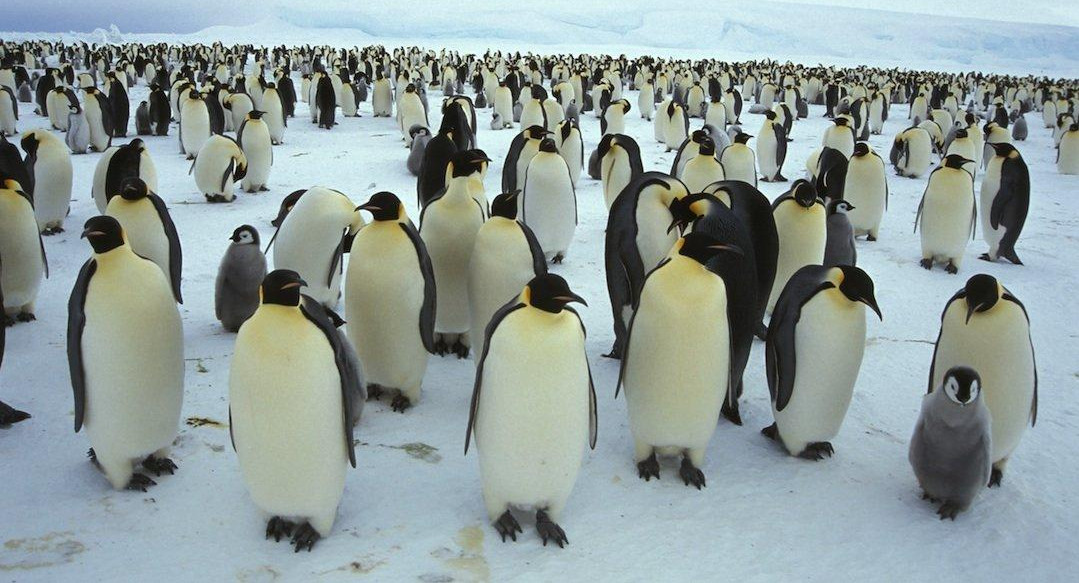Avian influenza is an infectious disease that primarily affects birds. However, the virus is also circulating in mammals such as sea lions and mink, thereby spreading globally, making experts wary.
The virus has the potential to reach Antarctica, according to a report by the United Nations-affiliated World Organization for Animal Health (OMSA) network of influenza experts, which has warned it would be catastrophic for fauna. This is one of two continents, the other being Australia, that have not been affected by the pathogen.
“The negative impact of this virus on Antarctic fauna is likely to be substantial, possibly more severe than the impact on South American fauna,” the report warns.
The epidemic started in 2020 when a new strain of the virus was detected. The strain circulates in North America and reaches South America by migratory birds, which may or may not be symptomatic.
The problem is exacerbated when infected birds come into contact with poultry, such as chickens or hens congregating in large numbers, at which point the virus can spread. In addition, mammals can also get sick if they come into contact with infected birds.
In Peru and Chile, more than 500,000 seabirds and 25,000 sea lions died, according to scientists. 36% of the pelican population in Peru and 13% of the Humboldt penguin population in Chile have disappeared. In addition, dead sea lions accounted for 9% of the populations of Peru and Chile.
In Argentina, where a health emergency was declared last February, there were outbreaks in wild birds and poultry. In August, outbreaks began among fur seals that inhabit the coast from the province of Buenos Aires to Tierra del Fuego. Last Tuesday, Senasa confirmed the last outbreak, at sea lions at Mayor Bratovic’s spa.
Experts are concerned about the future of Antarctica’s fauna due to the rapid expansion of Antarctica. More than 100 million birds lay their eggs there and on nearby islands. Many marine mammals swim in the surrounding waters. Some of these species, such as emperor penguins and Antarctic fur seals, congregate in large flocks.

